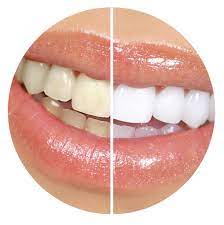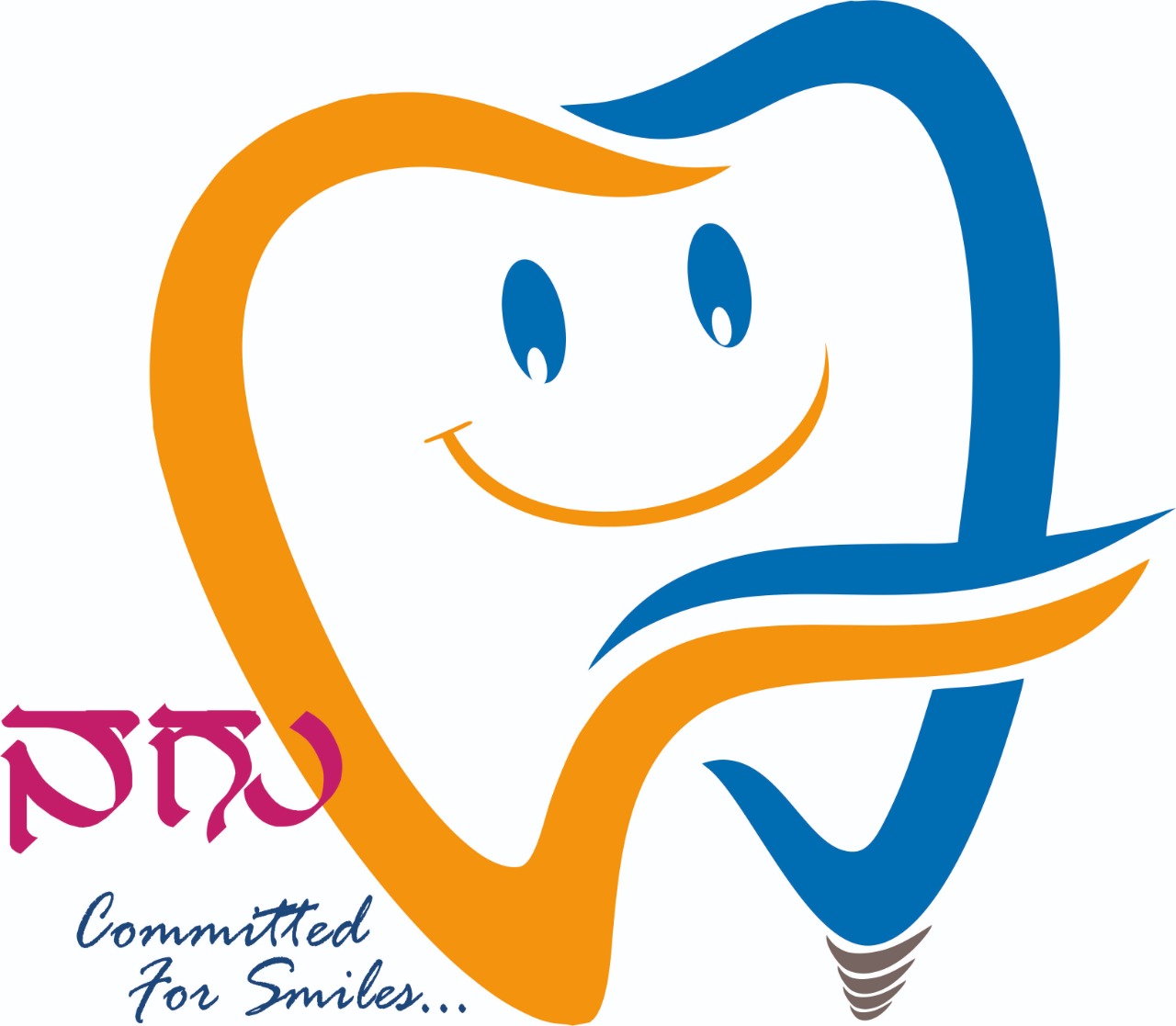Teeth Whitening in Channapatna
- 3 months ago
- Teeth Whitening in Channapatna ,
- Dental Fillings Treatment Channapatana ,
- TEETH WHITENING TREATMENT IN CHANNAPATNA ,
- Best Wisdom Teeth Removal Treatment Channapatana ,
- Best Teeth Whitening Treatment Channapatana ,
- Orthodontics Treatment in Channapatana

Contact : +919901344447
Teeth Whitening: A Comprehensive Guide
Teeth whitening is a popular cosmetic dental procedure aimed at improving the brightness and appearance of teeth. Over time, teeth can become discolored due to various factors including dietary choices, aging, smoking, and certain medications. Teeth whitening helps to restore the natural whiteness of teeth and enhance one's smile, boosting confidence and self-esteem.
Types of Teeth Whitening
-
In-Office Whitening: This professional treatment is performed by a dentist in a dental clinic. It involves the application of a high-concentration whitening gel to the teeth, often activated by a special light or laser. This method is known for its quick results, typically lightening teeth by several shades in just one session. The process is usually completed in about an hour and offers the advantage of immediate results and supervision by a dental professional.
-
At-Home Whitening Kits: These kits are available over-the-counter or can be provided by a dentist. They include whitening gels, strips, or trays. Over-the-counter products often contain lower concentrations of whitening agents compared to professional treatments. At-home kits require consistent use over a few weeks to achieve desired results. While they are more convenient and cost-effective, they may not be as effective or quick as in-office treatments.
-
Whitening Toothpastes: These toothpastes contain mild abrasives and chemical agents that help remove surface stains. They are less effective for deep stains and significant discoloration but can help maintain the brightness achieved through other whitening methods. Whitening toothpastes are best used as a supplementary treatment rather than a primary whitening solution.
-
Natural Remedies: Some individuals turn to natural methods for teeth whitening, such as using baking soda or activated charcoal. While these methods are less expensive and involve fewer chemicals, their effectiveness is limited compared to professional treatments. Additionally, excessive use can damage tooth enamel or cause gum irritation.
Benefits of Teeth Whitening
- Enhanced Appearance: Whiter teeth contribute to a more attractive smile, which can positively impact social interactions and personal confidence.
- Youthful Look: Whitening can reduce the appearance of aging, as teeth naturally darken with age.
- Improved Oral Hygiene: Although whitening itself doesn’t improve oral health, it can encourage better dental hygiene habits, as people may become more motivated to maintain their bright smile.
Considerations and Risks
- Sensitivity: Some individuals experience temporary tooth sensitivity or gum irritation after whitening treatments. This is usually mild and subsides within a few days.
- Not Suitable for All: Whitening may not be effective for all types of discoloration. For example, it may not work on teeth with intrinsic stains, crowns, or fillings.
- Results and Maintenance: The longevity of whitening results varies. Factors such as diet, oral hygiene, and smoking can affect how long the whitening lasts. Regular touch-ups and maintenance treatments may be needed to sustain the desired whiteness.
Conclusion
Teeth whitening is a versatile and effective way to enhance the appearance of your smile. With various options available, from in-office treatments to at-home kits and natural remedies, individuals can choose the method that best suits their needs and budget. While generally safe, it is advisable to consult with a dental professional to determine the most appropriate whitening option and to address any potential risks or concerns. By maintaining good oral hygiene and avoiding stain-causing foods and habits, the results of teeth whitening can be enjoyed for an extended period, contributing to a brighter, more confident smile.
